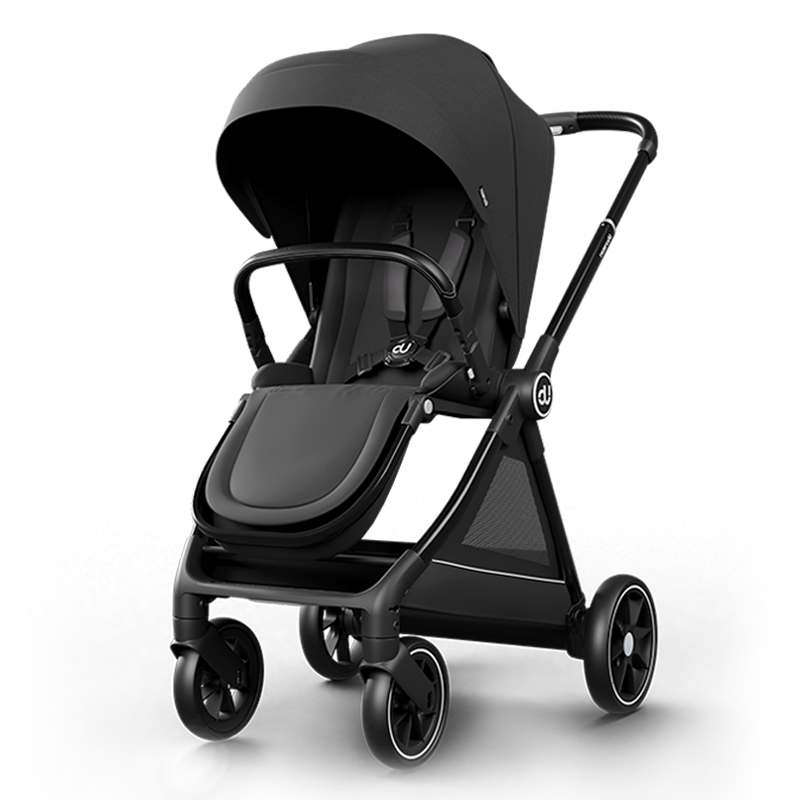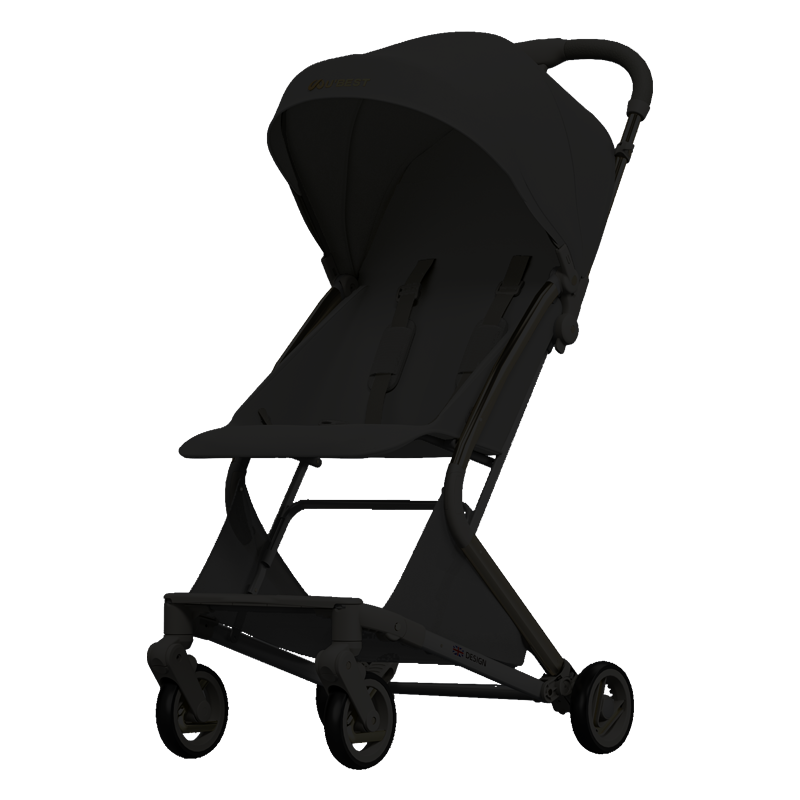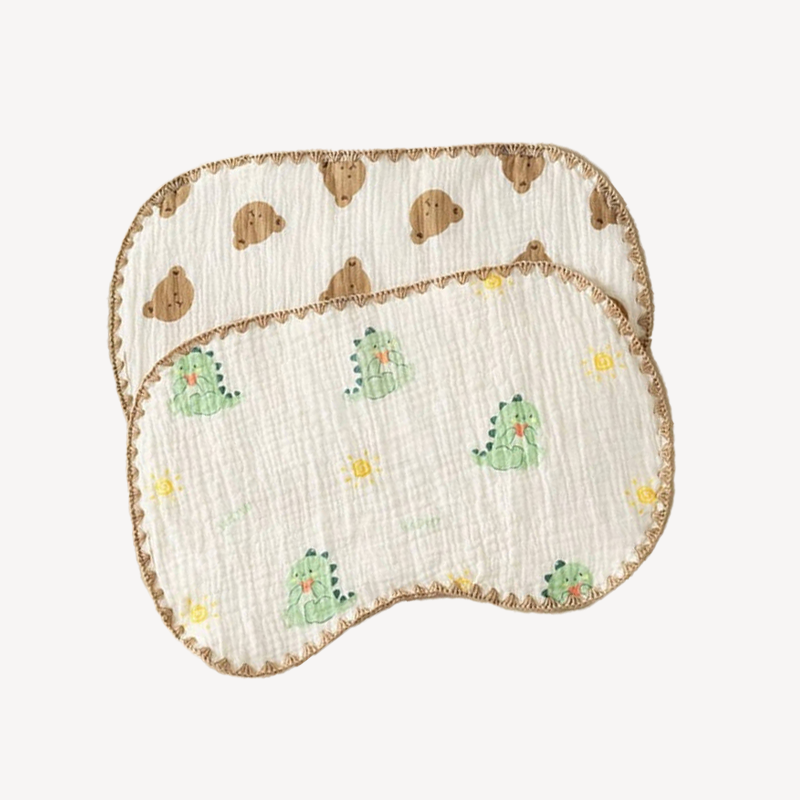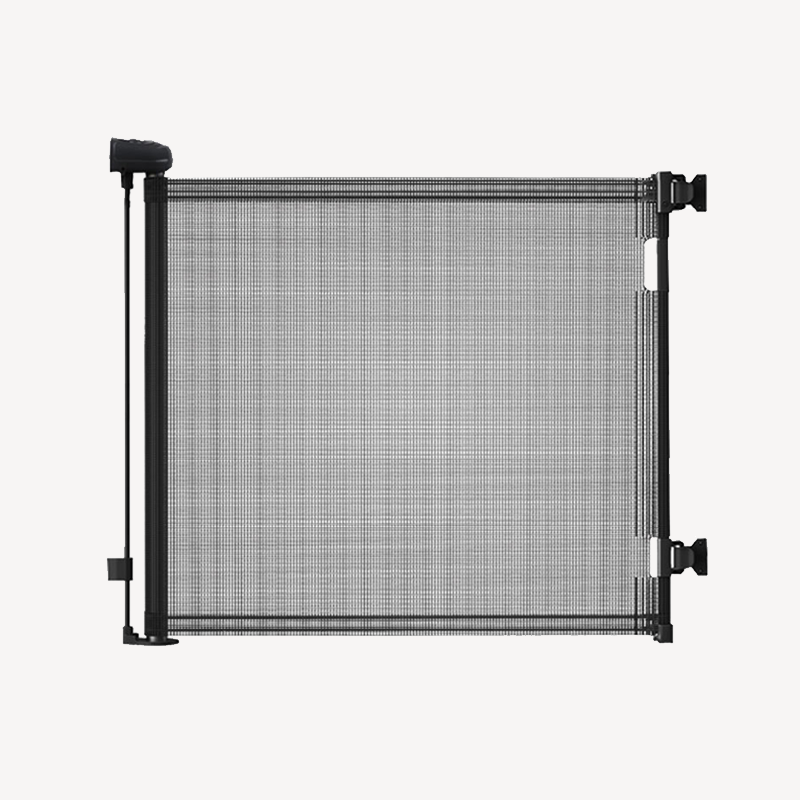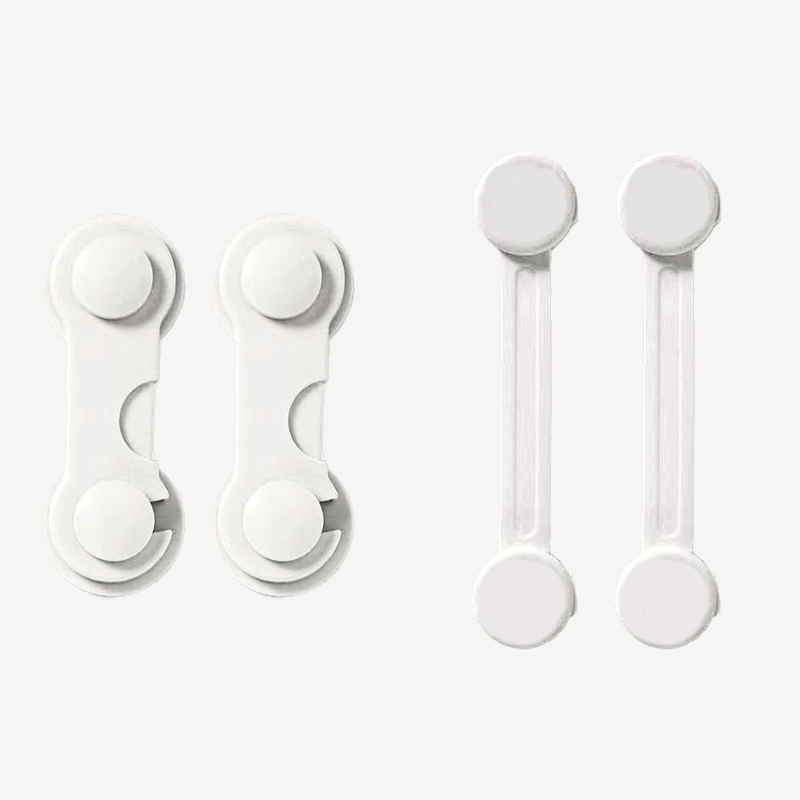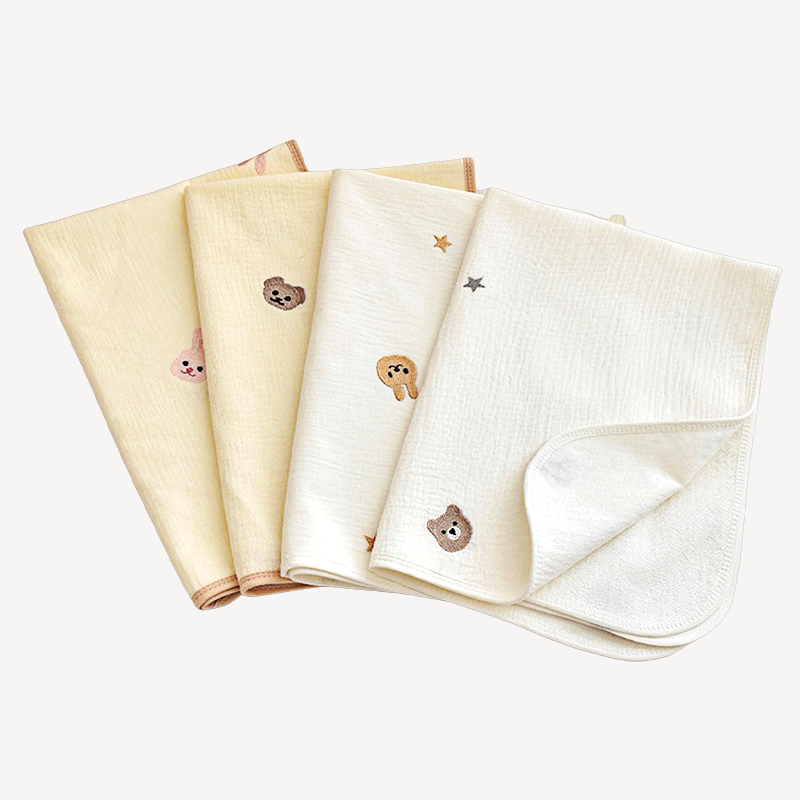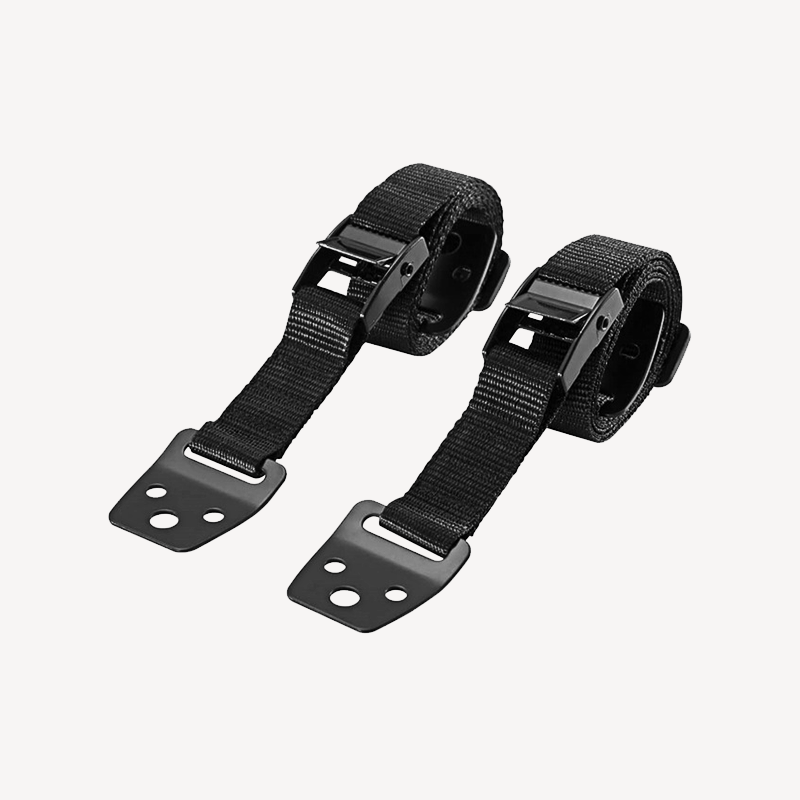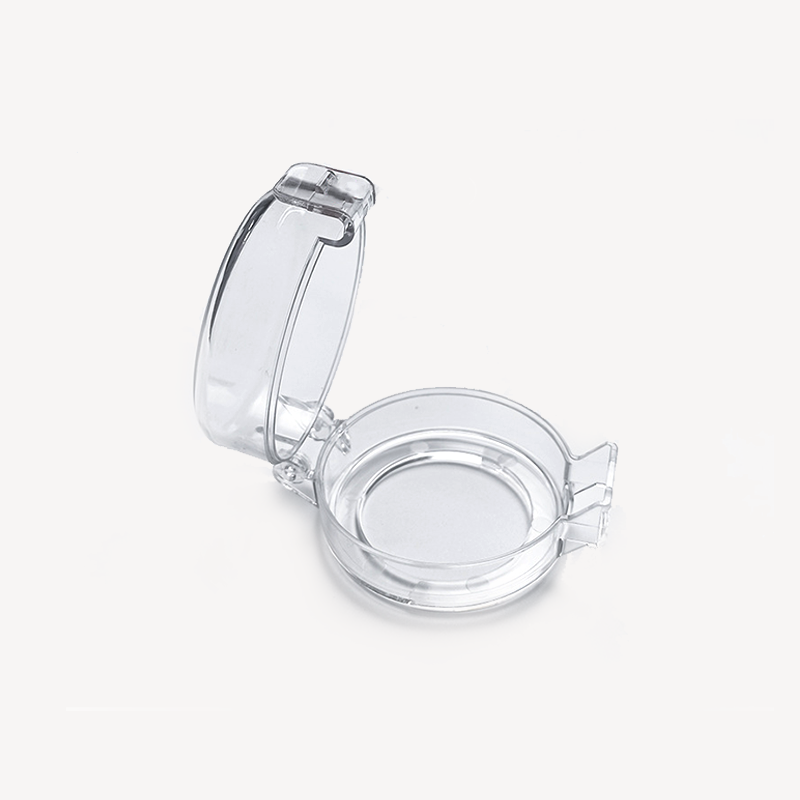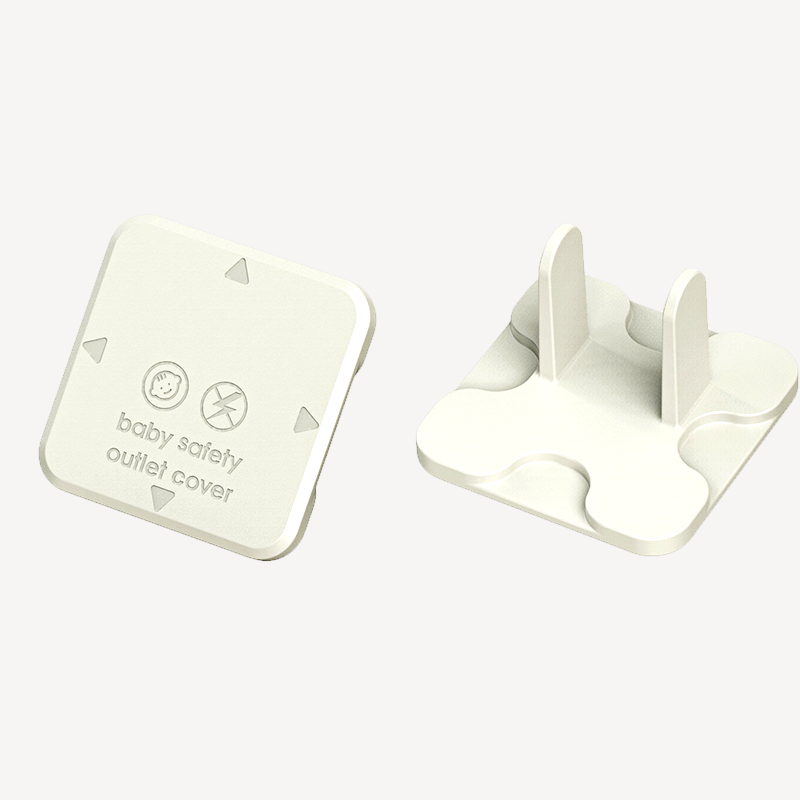- Ubest Strollers
UBEST S (Coming Soon)
- Home & Safety
- Accessories
- UBEST’s World

Ready to Welcome Your Baby? This Comprehensive Hospital Bag Checklist Has You Covered
As your due date approaches, the excitement and anticipation of meeting your baby grow stronger each day. To ensure a smooth and comfortable experience during labor and your hospital stay, having a well-prepared hospital bag is essential. As your trusted partner, we’ve crafted this comprehensive hospital bag checklist to help you and your baby get ready for this important moment.
Ⅰ. Essentials for Mom
1. Comfortable Clothing:
Pack loose, breathable nursing tops and pajamas that make breastfeeding and resting easier after delivery. Depending on your delivery method (vaginal or C-section), bring a few outfits suited to your situation. Postpartum leggings or a belly band can help with recovery and add comfort. Also, consider a cozy robe for easy movement after birth.
2. Personal Care Items:
In addition to everyday items like a toothbrush, toothpaste, shampoo, and body wash, pack gentle facial cleansers and moisturizers to address any post-birth skin changes. Nipple cream and perineal care spray are must-haves for breastfeeding and postpartum recovery, offering relief from discomfort.
3. Hygiene Products:
While hospitals typically provide some maternity pads, consider bringing extra-large pads or adult diapers, especially for nighttime use. Pack a few comfortable pairs of underwear that you don’t mind getting messy, and avoid tight-fitting options.
4. Comfort Items:
Bring your own pillow and blanket for added comfort, as well as an eye mask and earplugs to block out hospital lights and noise. A pair of comfy slippers and easy-to-wear shoes are also essential for walking around the ward.
5. Health Monitoring Tools:
A thermometer and blood pressure monitor can be handy for keeping track of your health. If you notice anything unusual, be sure to inform the medical staff immediately.
6. Important Documents:
Ensure you have all necessary documents, such as your ID, insurance card, prenatal records, birth plan, and mother-child health booklet. These documents will facilitate the admission process and ensure everything runs smoothly.
7. Electronics and Chargers:
Pack your phone, chargers, power bank, and headphones to stay connected with loved ones and capture every precious moment of your baby’s arrival.

Ⅱ. Essentials for Baby
1. Baby Clothing:
Depending on the season, pack a few different thicknesses of onesies, baby hats, socks, and mittens. Opt for soft, breathable cotton materials that are gentle on your newborn’s skin and easy to put on and take off.
2. Diapers and Wipes:
While the hospital will provide some diapers and wipes, bringing your own can give you peace of mind. Consider packing diapers in different sizes to accommodate your baby’s growth.
3. Feeding Supplies:
If you plan to breastfeed, bring a nursing pillow and nipple cream. If formula feeding is your choice, pack bottles, nipples, a bottle brush, and formula. Don’t forget a few bibs and burp cloths to handle any spit-ups.
4. Sleep Essentials:
A soft baby blanket and a small quilt will help create a cozy sleep environment for your newborn. If applicable, make sure your baby’s crib or bassinet is ready and properly set up.
5. Safe Travel:
Ensure your stroller and infant car seat are correctly installed and meet safety standards. When taking your baby home from the hospital, always use a rear-facing car seat to protect their neck and spine.
3. Additional Tips
• Energy Snacks: Pack some easy-to-carry snacks like nuts, energy bars, and chocolate to help replenish your energy during labor. Bring a few of your favorite treats to satisfy any hunger pangs.
• Mindset Preparation: Maintaining a positive and optimistic attitude is crucial for the labor process. Share your joys and concerns with family and friends, or relax through meditation and breathing exercises. Light prenatal activities, like walking or yoga, can also help ease tension.
• Prenatal Classes and Knowledge: Attending prenatal classes can help you understand the labor process, breathing techniques, and postpartum care. Reading related books or watching videos can further boost your knowledge and confidence.
• Familiarize Yourself with the Hospital: If possible, visit the hospital beforehand to familiarize yourself with the layout and processes. Knowing the location of the hospital, department distribution, and emergency exits will help you respond quickly if needed.
In conclusion, a well-prepared hospital bag checklist can help you and your baby feel more confident and prepared for the challenges of childbirth and the postpartum period. We hope this guide adds peace of mind to your birthing journey, and we wish every expectant mother a smooth and joyful experience as you welcome your new little one!

Ubest Stroller


